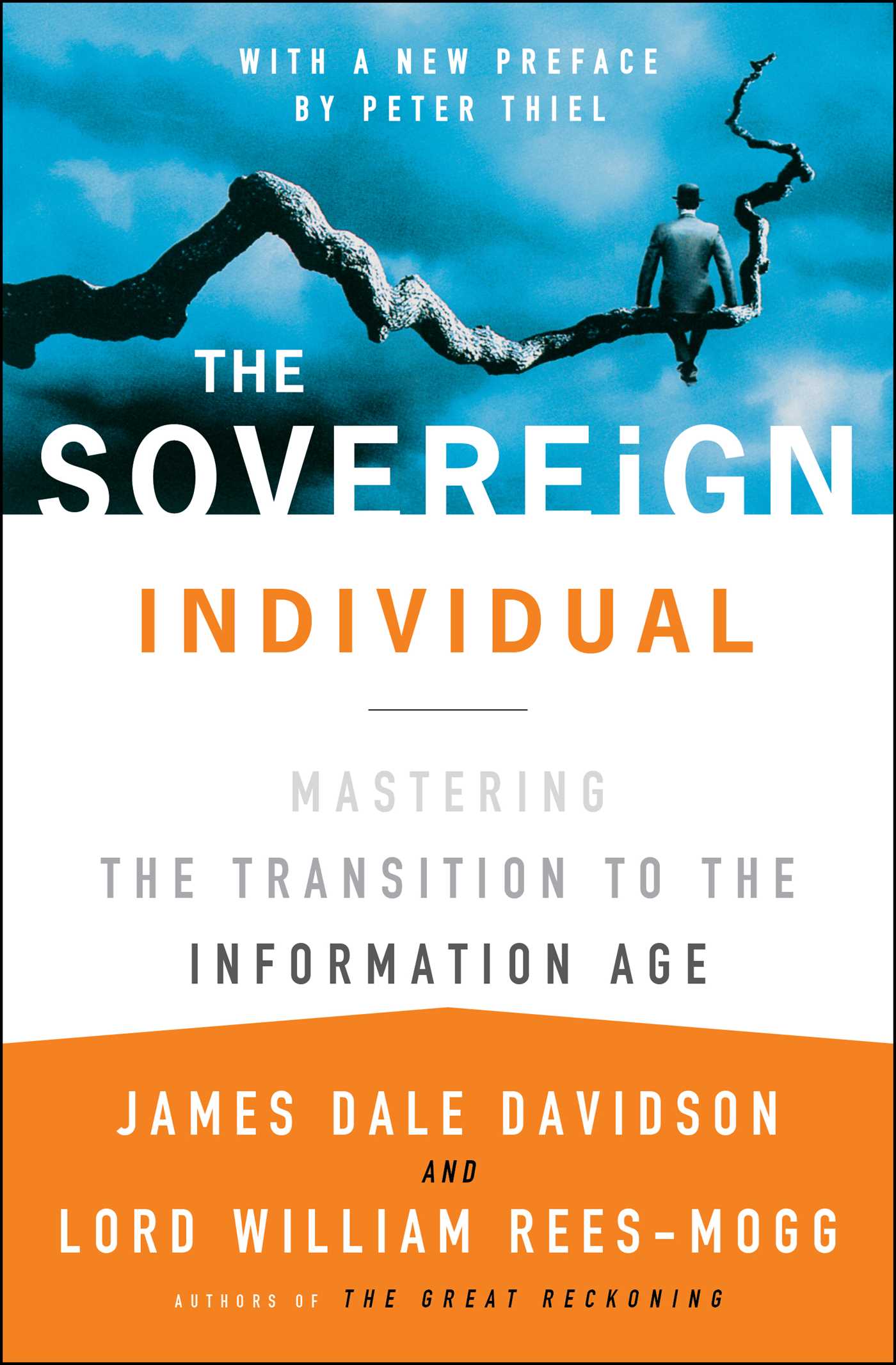
President Biden Orders Sharing of Evidence of Russian War Crimes with International Criminal Court
The step signals a major shift in American policy and ends months of resistance by Pentagon officials who feared setting a precedent that could pave the way for the court to prosecute U.S. troops.
Introduction
President Biden has quietly ordered the U.S. government to begin sharing evidence of Russian war crimes in Ukraine with the International Criminal Court in The Hague, according to officials familiar with the matter, signaling a major shift in American policy. The decision, made by Mr. Biden in recent days, overrides months of resistance by the Pentagon, which had argued that it could pave the way for the court to prosecute American troops, according to the officials.
Background
Since the International Criminal Court was created by a 1998 treaty to investigate war crimes, genocide and crimes against humanity, administrations of both parties have viewed it with wariness and sometimes hostility. But Russia’s invasion of Ukraine in early 2022 has helped thaw those relations. After the war began, American officials applauded the court’s chief prosecutor, Karim Khan, for his investigation into possible war crimes in Ukraine. In December, Congress eased restrictions that barred it from providing aid to the court for its investigation into Russian atrocities. And the Biden administration expressed support for the court when it issued arrest warrants in March for top Russian officials, like President Vladimir V. Putin, accusing them of orchestrating the abduction and deportation of Ukrainian children.
Pentagon’s Resistance
Behind the scenes, however, there was fierce internal debate over whether to share intelligence shedding light on the actions of Russian officials. While the Justice and State Departments supported doing so, the Pentagon resisted such a step, officials have said. The dispute led the National Security Council to convene a cabinet-level “principals committee” meeting on Feb. 3 in an attempt to resolve the matter, officials have said, but Secretary of Defense Lloyd J. Austin III continued to object.
Policy Reversal
The White House has yet to announce the policy reversal or the assistance it will now provide, but it began notifying members of Congress on Tuesday, according to the people, who spoke on the condition of anonymity to discuss a sensitive matter.
Support from Senators
Senators Richard J. Durbin, Democrat of Illinois, and Lindsey Graham, Republican of South Carolina, the top lawmakers on the Judiciary Committee, have repeatedly sought to call attention to the impasse and shame the Pentagon for standing in the way. In a joint statement, they praised the shift as they recounted documented Russian war crimes.
International Criminal Court’s History
Before the International Criminal Court was created, the United Nations Security Council relied on ad hoc tribunals to address atrocities in places like the former Yugoslavia and Rwanda. Many democracies welcomed the idea of creating a standing body at The Hague and signed the 1998 treaty, known as the Rome Statute, including close American allies like Britain. But the United States has long kept its distance. President Bill Clinton signed the Rome Statute in 2000 but called it flawed and did not send it to the Senate for ratification. In 2002, President George W. Bush essentially withdrew that signature. And Congress enacted laws in 1999 and 2002 that limited what support the government could provide.
Conclusion
Regardless, the move is a significant step, as the government has been changing its approach toward the court. Relations began to ease under the Obama administration, which showed support by offering rewards for the capture of fugitive warlords in Africa whom the court had indicted. But tensions again flared after top prosecutors for the court in 2017 tried to investigate the torture of detainees during the Bush administration as part of an inquiry into the war in Afghanistan. The Trump administration imposed sanctions on the court’s personnel, and Secretary of State Mike Pompeo denounced it as corrupt. In 2021, the Biden administration revoked President Trump’s sanctions, and the newly appointed prosecutor, Mr. Khan, dropped the investigation.
SDGs, Targets, and Indicators Analysis
1. Which SDGs are addressed or connected to the issues highlighted in the article?
- SDG 16: Peace, Justice, and Strong Institutions
The article discusses the decision by President Biden to share evidence of Russian war crimes in Ukraine with the International Criminal Court (ICC) in The Hague. This decision is related to SDG 16, which aims to promote peaceful and inclusive societies, provide access to justice for all, and build effective, accountable, and inclusive institutions at all levels.
2. What specific targets under those SDGs can be identified based on the article’s content?
- Target 16.3: Promote the rule of law at the national and international levels and ensure equal access to justice for all.
- Target 16.4: By 2030, significantly reduce illicit financial and arms flows, strengthen the recovery and return of stolen assets, and combat all forms of organized crime.
The decision to share evidence of war crimes with the ICC aligns with Target 16.3, as it promotes the rule of law at the international level and ensures equal access to justice for all parties involved. Additionally, by addressing war crimes and holding perpetrators accountable, it contributes to Target 16.4 by combating organized crime and promoting peace and security.
3. Are there any indicators mentioned or implied in the article that can be used to measure progress towards the identified targets?
- Indicator 16.3.1: Proportion of victims of violence in the previous 12 months who reported their victimization to competent authorities or other officially recognized mechanisms.
- Indicator 16.4.1: Total value of inward and outward illicit financial flows (in current United States dollars).
The article does not explicitly mention indicators, but the decision to share evidence with the ICC can contribute to Indicator 16.3.1 by encouraging victims of war crimes in Ukraine to report their victimization to competent authorities. Additionally, the investigation into war crimes can indirectly impact Indicator 16.4.1 by addressing illicit financial flows related to the conflict.
Table: SDGs, Targets, and Indicators
| SDGs | Targets | Indicators |
|---|---|---|
| SDG 16: Peace, Justice, and Strong Institutions | Target 16.3: Promote the rule of law at the national and international levels and ensure equal access to justice for all. | Indicator 16.3.1: Proportion of victims of violence in the previous 12 months who reported their victimization to competent authorities or other officially recognized mechanisms. |
| SDG 16: Peace, Justice, and Strong Institutions | Target 16.4: By 2030, significantly reduce illicit financial and arms flows, strengthen the recovery and return of stolen assets, and combat all forms of organized crime. | Indicator 16.4.1: Total value of inward and outward illicit financial flows (in current United States dollars). |
Behold! This splendid article springs forth from the wellspring of knowledge, shaped by a wondrous proprietary AI technology that delved into a vast ocean of data, illuminating the path towards the Sustainable Development Goals. Remember that all rights are reserved by SDG Investors LLC, empowering us to champion progress together.
Source: nytimes.com

Join us, as fellow seekers of change, on a transformative journey at https://sdgtalks.ai/welcome, where you can become a member and actively contribute to shaping a brighter future.






